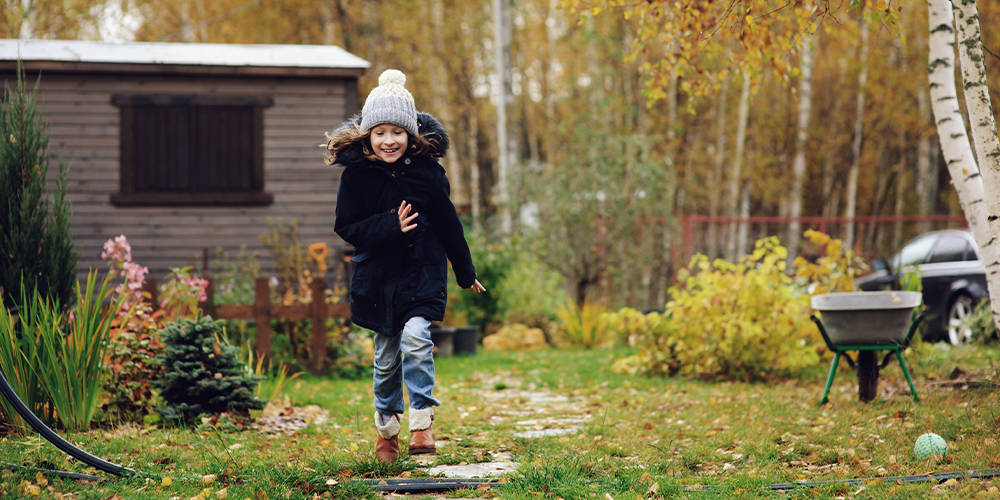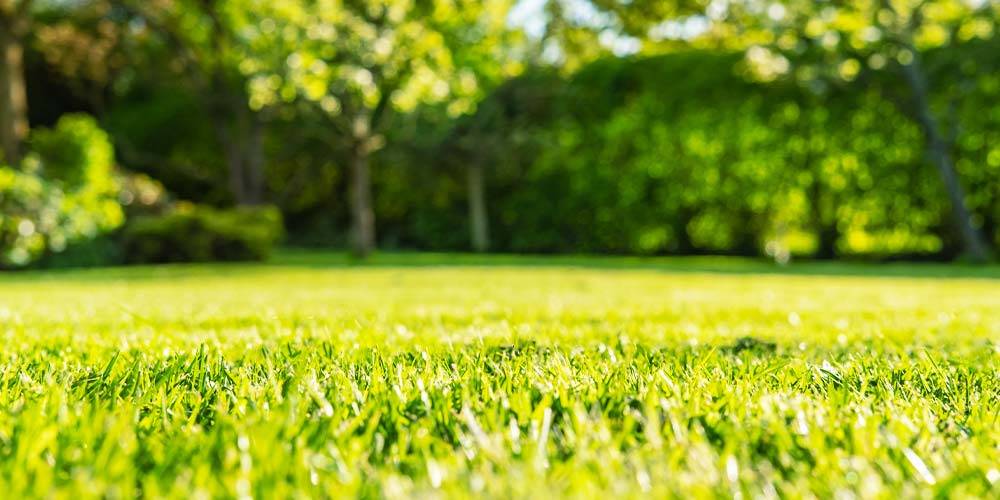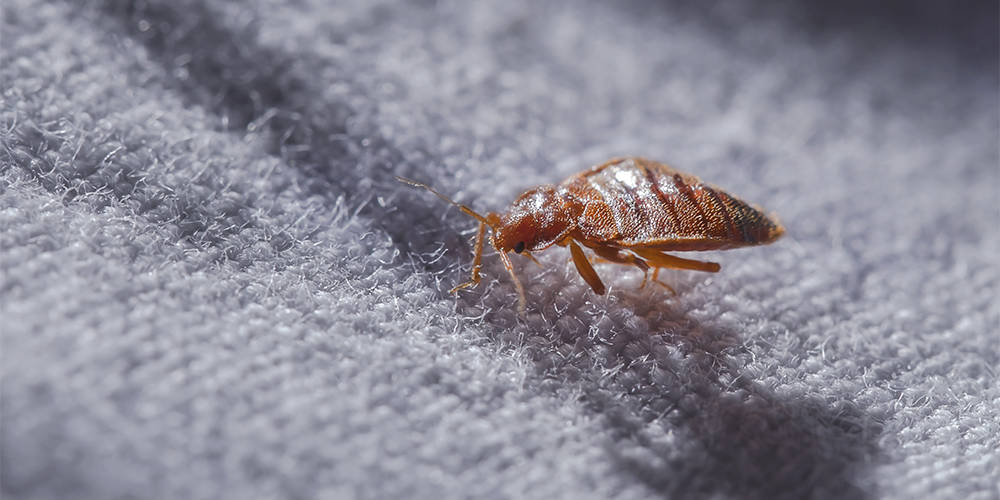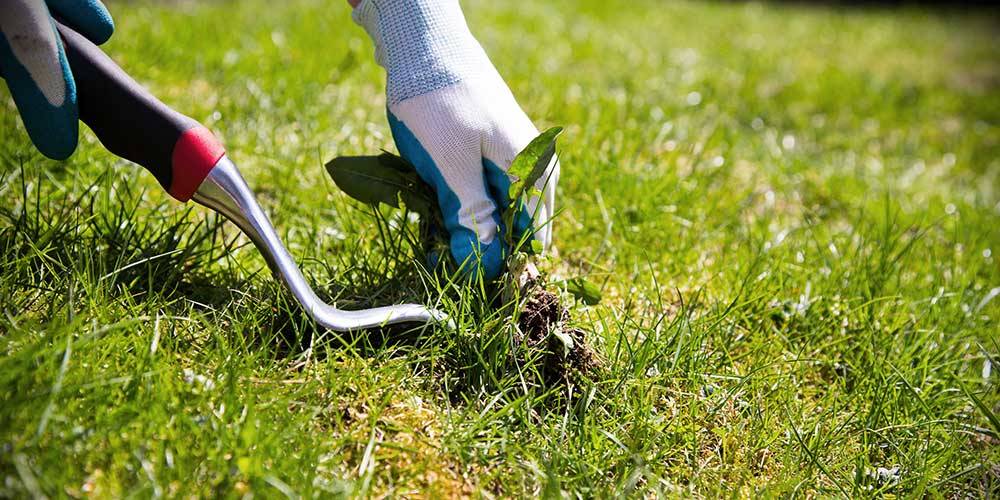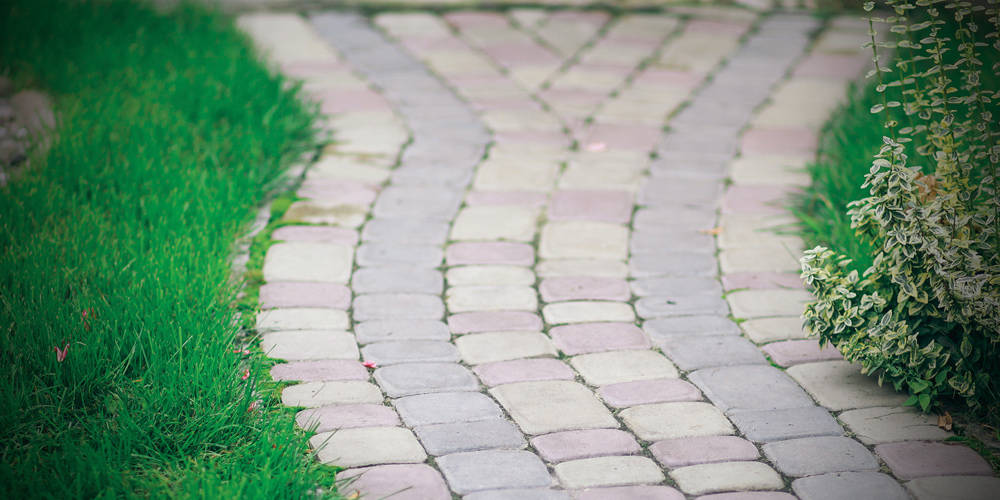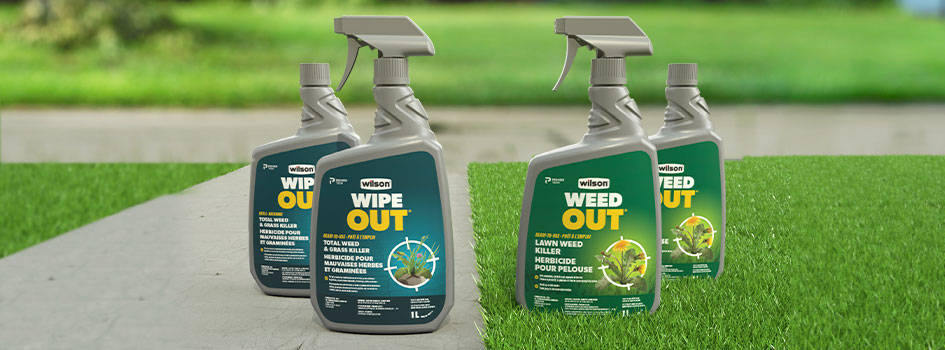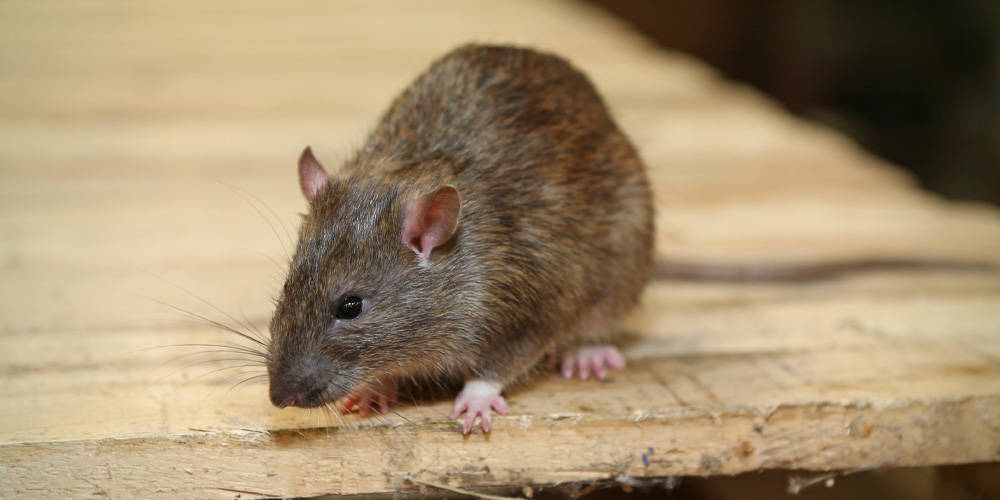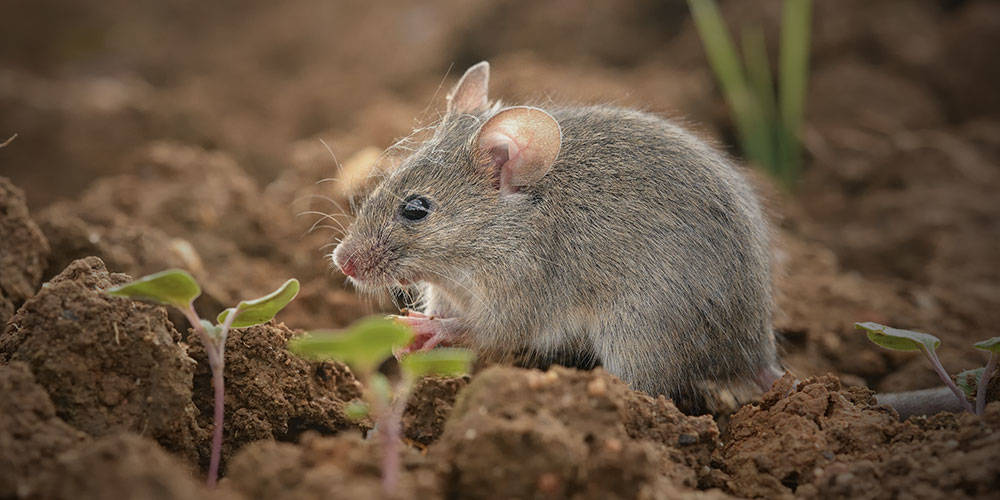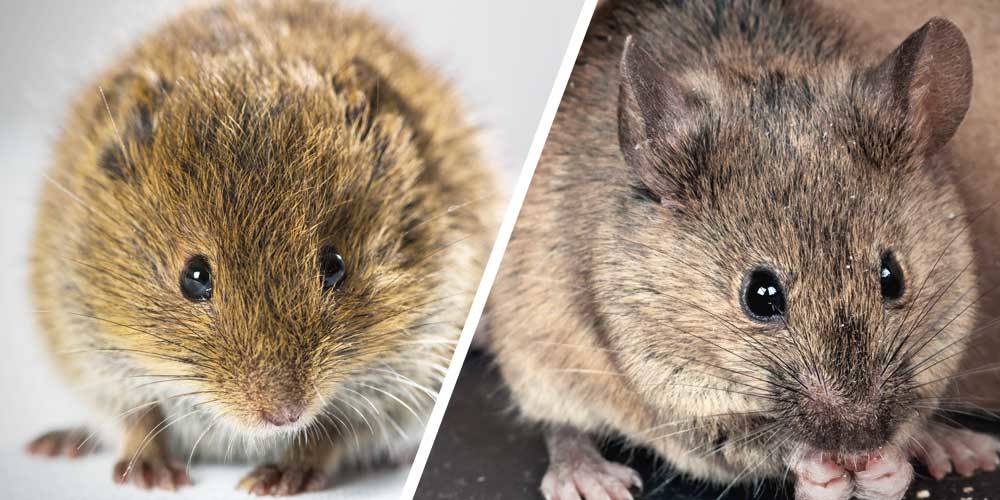Unless your garden shed is a fortress, insects and rodents will most likely find a way to get in, and possibly cause various kinds of problems in time. In this article, you'll find several useful tips to keep them at bay and preserve your property.
To begin with, take the time to inspect your garden shed thoroughly. Look for cracks, crevices, holes and the like, which could serve as entry points. Remember that mice can get into an opening as small as a dime! Make sure to keep the place well ventilated too, as moisture can attract both insects and rodents.
Next, avoid leaving garbage cans too close to the shed, especially if they're not airtight. Rodents are attracted to the odours they give off, even if you can't smell them. You should also avoid keeping fire wood nearby as both insects and rodents could be tempted to use it as a hiding place. The same goes for rock piles and other accumulations of debris.
As far as vegetation is concerned, plants too should be kept at a reasonable distance. Not only do they often harbour all kinds of pests, but they can cause moisture buildups that can be damaging to the structure and attract rodents and insects. It is also recommended to prune the branches of the trees and shrubs that come in direct contact with the shed.
There should not be any standing water nearby either. Standing water is a preferred breeding ground for a good number of insects and it's likely to be an interesting source of H2O for rodents as well.
There are also a few things that can be done inside the shed to deter pests from making it their home. One is to keep pet food and bird seed in rodent-proof containers. Metal bins with a tight-sealed lid are your best option, as rodents are capable of chewing through plastic. Make sure to keep the place clean by sweeping or vacuuming on a regular basis. The more barren your shed is, the less likely you are to end up with nasty surprises.
Finally, repelling pests using specific scents is proven to be quite effective. The smell of mothballs or ammonia should work well with mice, whereas the smell of citronella or peppermint should deter a wide variety of bugs.
Wilson also sells ultrasonic devices such as Wilson® MOUSE OUT™ Rodent Sonic-Repel Max Battery Operated, which produces sound waves that mice and rats can't tolerate. It is designed for indoor use and is battery-operated. Ultrasonic devices are one tool used in an integrated pest management program. They should be utilized in combination with other pest control methods such as traps or baits.
Now let the battle begin!
